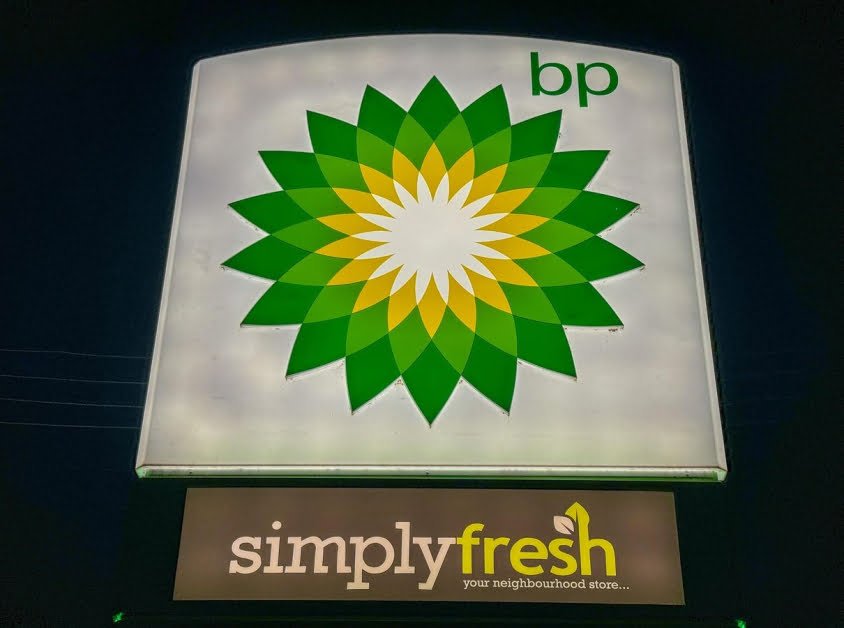BP, a major player in the oil industry, has experienced minimal growth in its stock price over the past year, hovering around $35 per share. Despite BP’s efforts to expand into renewable energy, investors have remained cautious due to economic uncertainties and the volatile energy sector. As BP faces these challenges, investors are uncertain about the future trajectory of the company’s stock and whether it is a good time to buy, sell, or hold onto BP shares. In this analysis, we will delve into the current status of BP stock and discuss the potential outcomes in the upcoming months.
BP’s financial performance in the first quarter of 2024 showcased a decline in underlying replacement cost profit, primarily attributed to lower commodity prices, operational issues at its Whiting refinery, and reduced gas margins. The company reported a decrease in hydrocarbon production but announced a portion buyback program to support its stock value. By 2025, BP plans to repurchase shares worth at least $14 billion, indicating confidence in its long-term growth.
Despite facing challenges, BP has seen a substantial increase in its stock value, rising from $20 in early 2021 to approximately $35 at present. However, the company has underperformed the S&P 500 index in 2023, highlighting the difficulty of consistently outperforming the market in the energy sector. The Trefis High Quality Portfolio, consisting of 30 stocks, has consistently outperformed the S&P 500, offering better returns with lower risk compared to individual stocks like BP.
Looking ahead to 2024, BP anticipates a slight increase in upstream production compared to the previous year, with a focus on oil production over gas and low-carbon energy. The company expects to invest around $16 billion in capital expenditure, including acquisitions, throughout the year. Revenue projections for 2024 indicate a 4% year-over-year increase, with an estimated earnings per share of $4.54. Based on these forecasts, BP’s valuation is estimated at $41 per share, representing a 15% premium over the current market price.
In addition to traditional oil and gas operations, BP has significantly increased its investments in renewable energy, biofuels, and hydrogen fuels. The company aims to achieve net-zero emissions by 2050 and has set ambitious targets for renewable energy capacity by 2030. BP’s strategic acquisitions and partnerships in the renewable energy sector demonstrate its commitment to transitioning towards sustainable energy solutions.
As BP continues its evolution towards a cleaner energy portfolio, it faces competition from peers in the industry. Analyzing how BP compares to its competitors can provide valuable insights for investors seeking to make informed decisions about their investment strategies. Explore peer comparisons to gain a comprehensive understanding of BP’s position relative to other industry players.


